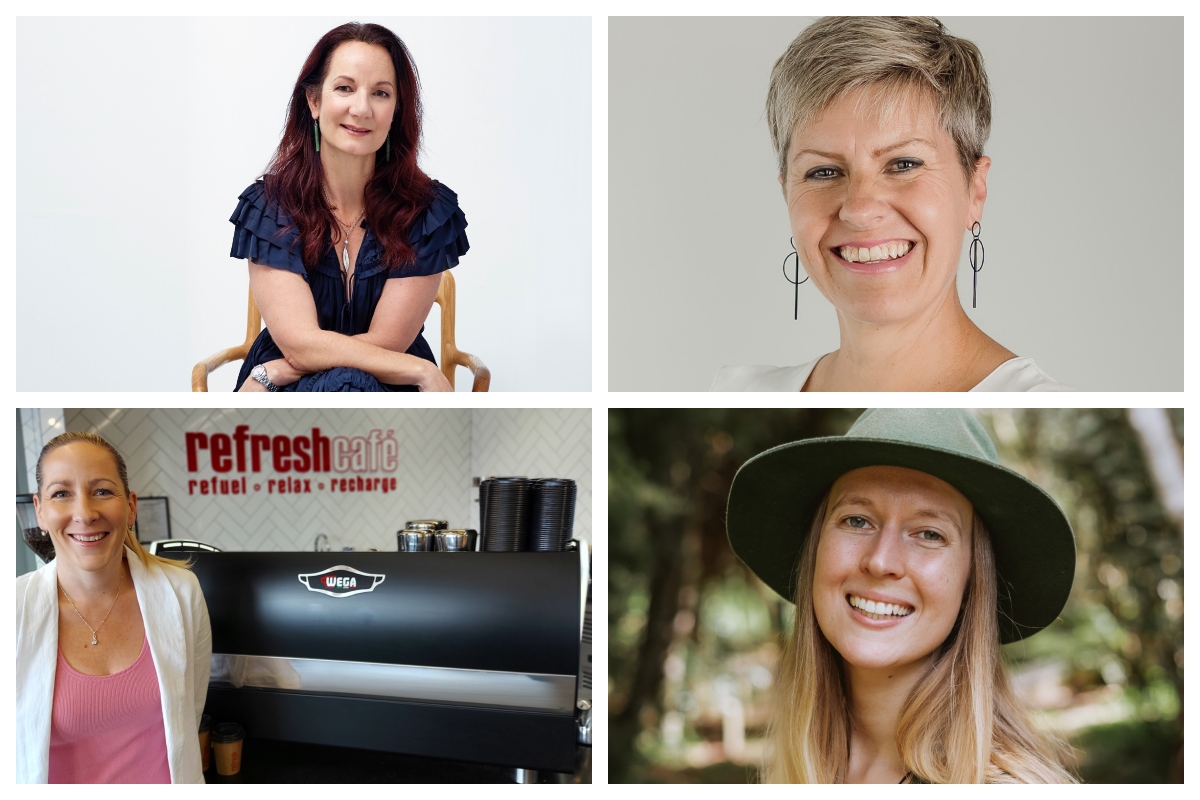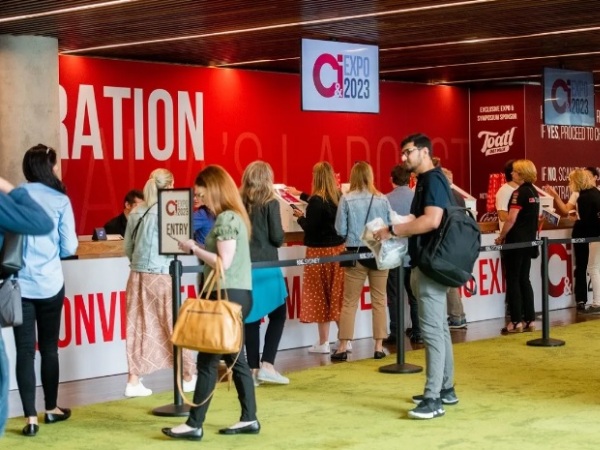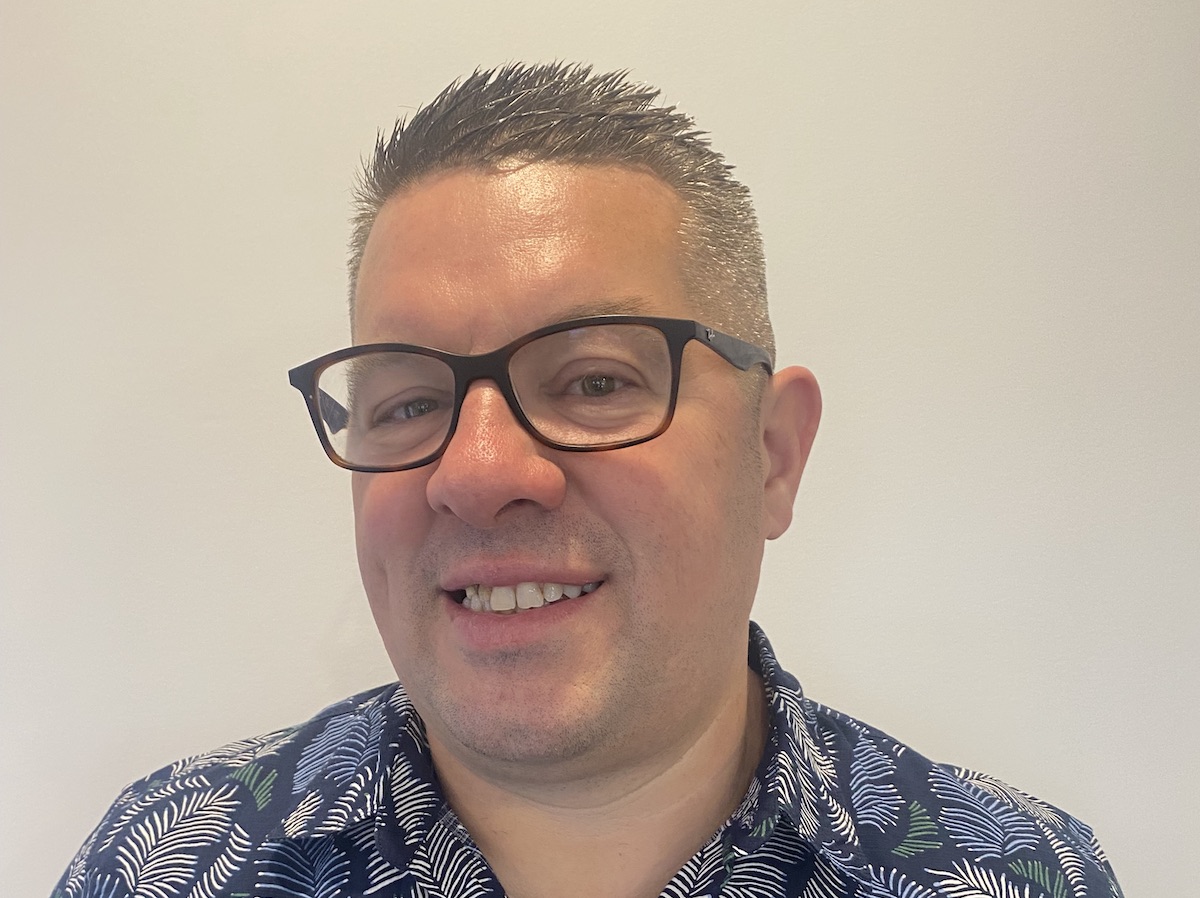Today we celebrate International Women’s Day (IWD) with the theme of #EmbraceEquity.
With this in mind, we have reached out to some female voices from across the petrol and convenience channel, to hear how they connect this theme with the industry, and what IWD means to them.
IWD is an annual celebration of everyone who identifies as female and pushes for a world with gender equality.
The theme this year of #EmbraceEquity has triggered a real discussion around the difference between ‘equity’ and ‘equality’. Personally, really wrapping my head around the definitions of these two words and how they relate to society, business, and the industry, took a great deal of thought and reflection.
Let’s start with the definitions of each word, as provided by the official International Women’s Day website:
Equality means each individual or group of people is given the same resources or opportunities.
Equity recognises that each person has different circumstances, and allocates the exact resources and opportunities needed to reach an equal outcome.
I’ve come to the conclusion that the conversation around equality versus equity is critical. The concept of equity, giving every person what they need to be successful, is a far better goal that will achieve a more impactful outcome for women.
In reaching out to women across the industry, it was encouraging to see how far women have come in what has traditionally been a very male dominated industry.

Julie O’Toole, NZ Franchise Operations Manager, Coca-Cola Oceania
Every year, IWD offers a moment for each and every one of us to celebrate and champion women. It is also a critical time for reflection, to take a step back and ask ourselves, are we doing enough?
As a business leader, as a mother and as a passionate advocate for equality, I think this year’s theme, Embracing Equity, also challenges us to be more active in driving the change we want to see. It’s about thinking more deeply about what equity and equality means in the work we do, the people we engage with and the decisions we make. Not just on 8 March but every day.
Embracing equity means being brave, standing up and speaking up. Together we are making a real difference, so let’s be bold, loud, and proud.
We must also seize and celebrate the events, the platforms, the campaigns that allow us to live our values. I’m beyond excited for the upcoming FIFA Women’s World Cup in Australia and New Zealand this year. This global event touches the hearts and minds of millions of fans, young and old around the world. It is more than the world’s biggest football tournament. It is a platform that actively promotes the power of women. It shows all genders, all generations, that anything is possible.
We are enormously fortunate, that in New Zealand women are able to customise our own employee experience, to thrive both in the workplace and at home. Over the past 20 years I’ve worked in a number of roles, and I’ve raised two beautiful children. No matter what role I’m in, for me it’s simple. We all perform better, personally and professionally, economically and sustainably when we embrace equity.
Let’s be clear. Everyone has a role to play. As leaders we have to walk the walk, not just talk the talk. Our leadership team encourages everyone to be seen, to be heard and to honour each other for their unique contribution and perspectives.
At Coca-Cola our Inclusion Networks provide a forum and vehicle for our people to be agents of change. These networks are employee-led, regionally structured groups that help create a space for affinity, allyship, community and celebration in our workplace. I hope to see more organisations in our industry adopt this model of active engagement. Because when you do, everyone benefits, everyone wins.

Melinda Baillie, Head of Trents Wholesale
For IWD, I will be reflecting on the progress we have made on gender equality in New Zealand, speaking up about the pace of change being too slow. Looking at gender equality globally, the statistics are still way too horrifying for anyone to rest on their laurels.
To me, the conversation around equality versus equity is critical. The concept of equity, giving every person what they need to be successful, is a far better goal that will achieve a more impactful outcome for women.
I had three children under two and a half years old when I had twins in my second pregnancy. At that time, being in the office all the time while working and travelling as though I didn’t have three very young children was expected.
I have sacrificed a lot of family time over the years as I felt that was what I had to do in order to progress my career. Now post-Covid, in more developed countries at least, there is a greater understanding and acceptance of companies enabling women to work flexibly around family commitments.
Unfortunately, this applies more to office-based roles, and we have huge numbers of women working in retail stores and factories where this flexibility is not an option yet. I’d like to see businesses of all sizes in our industry looking hard at their practices to see if they are enabling full and equitable participation and have inclusive workplaces.
I also support this year’s theme of getting more females into STEM careers. Highly relevant to our industry is ICT and the demand for people in the ICT space is growing exponentially in all businesses. It is disappointing that females are significantly underrepresented in ICT, as well as in senior leadership roles in the sector. Our industry can be working to create clear pathways for women into this expanding sector.

Louise Mitchell, Senior Category Manager, NPD
IWD is a day for me to feel proud! Proud of my career achievements to date and the impact my contributions have made to NPD’s success so far.
When I started with NPD nearly six years ago, the retail model was in its infancy. This was my opportunity to create a real point of difference in the petrol and convenience channel in New Zealand.
After working as a chef for 12 years, I knew the importance of tailoring a fresh and inviting offer that would keep our customers coming back for more. Our continued growth is a testament to the fact that we have achieved this, and we will continue to drive retail excellence.
Thinking back, my first work placement while I was completing my chef training was two weeks of work experience in a hotel kitchen in Christchurch. On day one I arrived at a completely male dominated kitchen, which was incredibly intimidating at 19 years of age. Unfortunately, I wasn’t treated very well in these two weeks, but I managed to show up each day as I knew it was the right thing to do.
Despite the ill treatment, I am grateful that this experience taught me resilience and persistance, both of which have helped me remarkably throughout my career. I often find myself referring to this experience when I am speaking to our site staff and encouraging them in their roles.
We strongly support our teams to bring out their best and encourage them to work together as one. A recent staff satisfaction survey showed that engagement and recognition from our team at head office is something our staff value highly, which makes this quote from Maya Angelou very relatable.
“I’ve learned that people will forget what you said, people will forget what you did, but people will never forget how you made them feel.” – Maya Angelou.
I hope to see more businesses, both retailers and suppliers, encouraging equal gender participation and providing opportunities and pathways for their people to access a flourishing career.
I have enjoyed listening to successful women in our industry speak about their experiences and I hope to see this broaden with more women willing to participate.

Tesh Randall, Co-Founder, Raglan Food Co
What does IWD mean to me? Well, I see it as a mark of progress. It’s a symbolic day that says: ‘We’re here, we deserve equality, to be taken seriously, to have a seat at the table and our voices heard.’
We, as women, have come so far over the past 100 years, and I feel incredibly grateful to all the inspirational women who have gone before and risked so much, enabling women today to have and do things they wouldn’t have dreamed of 100 years ago. Even simple things we take for granted like having a bank account and credit card in our own names. Being able to get a loan for our business idea. Being able to own property. Not so long ago, women were seen as property, and unfortunately, this is still the case in some nations.
If it weren’t for all this progress, I wouldn’t be able to sit on Raglan Food Co’s Board (although I will point out that 70% of board seats worldwide are still held by men, so although we’ve made significant progress, we haven’t reached equality yet).
Many of my female friends are running thriving FMCG companies. Just to name a few inspirational female leaders in the FMCG space here in New Zealand – Morgan from Boring, Sarah from Yum Granola, Flossie and Chloe from Chia Sisters, Kelli from Wild Fermentary, Lucy from Bennetto, Laura from Black Doris, and Josie and Miranda from Food Nation.
I take my hat off to these women, they are incredible. They’re going after their dreams, creating companies that are true to their personal values while juggling family responsibilities and caring for their teams. We are starting to see a shift in workplaces with more women in leadership positions, modelling for the next generation that it’s possible. We are also starting to see equal pay for equal work.
When I first started Raglan Food Co in 2014, I would very often be the only woman in the room in business meetings with banks, law firms, accounting firms, supply partners, etc. I’ve noticed this is (slowly) starting to change. Research tells us that major global shifts for health and environmental outcomes happen when we prioritise educating women – they achieve higher qualifications, better pay, get married later, have fewer children, create better health outcomes for their whole family, and contribute more to society.
There is nothing to lose and everything to gain!



